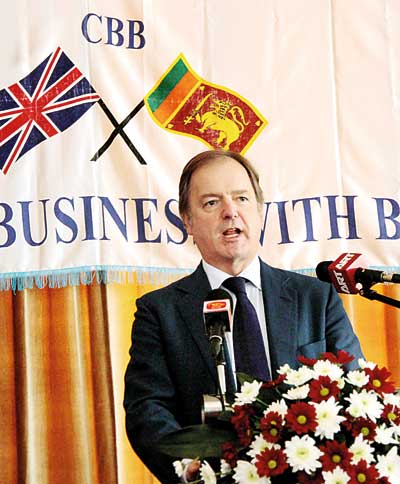18 Jan 2016 - {{hitsCtrl.values.hits}}
 Following is the speech made by the UK Foreign Office Minister for Asia Hugo Swire at the event organised by the Council of British Businesses in Colombo
Following is the speech made by the UK Foreign Office Minister for Asia Hugo Swire at the event organised by the Council of British Businesses in Colombo
24 Nov 2024 7 hours ago
24 Nov 2024 24 Nov 2024
24 Nov 2024 24 Nov 2024
24 Nov 2024 24 Nov 2024